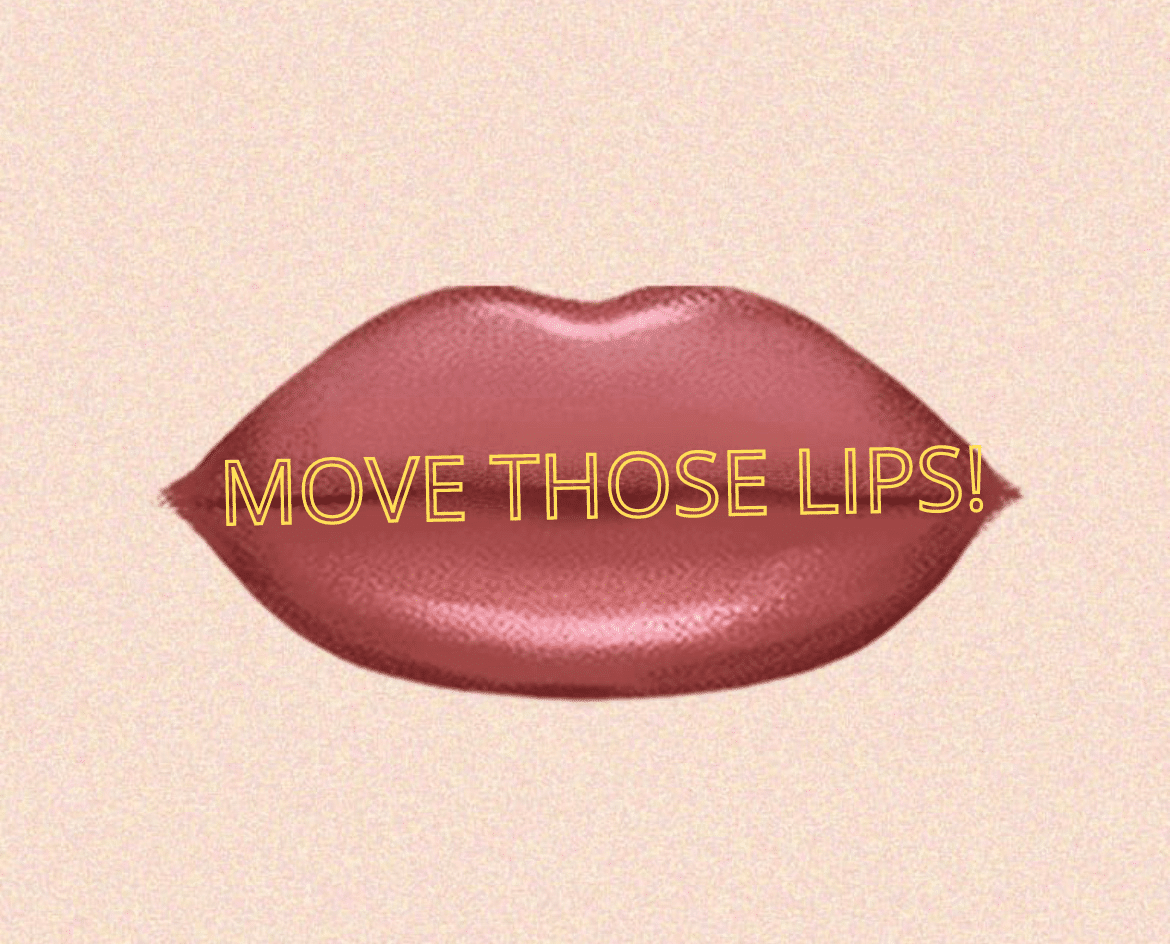The following post was originally published in April of 2011, soon after HHTM came into existence. Although the regulatory climate has changed a good deal in the last five years, and technology advances have reduced some fitting concerns, David Kirkwood’s measured and considered thoughts on the subject are well worth repeating and revisiting as social policy and government regulation change how hearing aids are defined, delivered, and priced.
By David H. Kirkwood
On March 28, 2011, USA Today ran an article that focused welcome attention on the fact that hearing loss has reached epidemic proportions. The story reports that some 36 million Americans have some degree of impairment. What’s more, that number is increasing fast, as every day 10,000 people in this country turn 65. The newspaper adds that only about 20% of people get help for their hearing loss.
Very likely, most of you reading this are already aware of how common hearing loss is and understand that it is seriously undertreated. However, USA Today reaches a very broad audience of about 1.8 million people a day, many of whom know little about the topic. So it’s good for them to be given some basic information.
The story makes some valid points, such as its advice to consumers to have their hearing tested by age 50. It also points out that even today’s “incredibly sophisticated” hearing aid technology is no substitute for a well-functioning natural auditory system. That makes a good case to readers why they should protect their natural hearing and why, if they already need hearing help, they should not expect to regain the hearing they once had.
However, there are a couple of things in the article’s discussion of hearing aids that that I believe are not at all helpful and could be misleading. After noting that the cost of hearing aids is one factor deterring people from wearing them, USA Today states, “Researchers are looking at ways to make…hearing aids easier to get and less expensive.” While that is a worthy goal, the article goes on to suggest an approach that seems to me fundamentally unsound.
Citing Daniel Sklare, PhD, a program director at the National Institute on Deafness and Other Communication Disorders, the article contends, “Generic hearing aids that don’t require fitting by an audiologist could potentially serve 80% to 90% of seniors who have hearing loss.”
IT’S NOT ALL ABOUT THE HEARING AID
It may be true that most hard-of-hearing people could get some benefit from a non-custom device sold off the shelf or by mail order. And if that is all they can or are willing to spend, then they may choose to try such a product. But the suggestion that most patients can address their hearing problems effectively with a one-model-fits-all solution is unfortunate.
For one thing, every patient comes into the clinic with his or her own combination of hearing loss, hearing needs, psychological traits, and physical and mental capabilities. Therefore, what will best serve a particular patient is not just any hearing aid, but one, or more often, two hearing aids that have been expertly selected, fitted, and programmed for that patient by a qualified audiologist or hearing instrument specialist.
Another point that USA Today fails to recognize is the added value a hearing professional brings to the overall treatment process. Appropriately selected and fitted hearing aids are essential to a successful fitting. However, they are not likely to be sufficient.
A successful patient outcome, perhaps especially among the older population most likely to need hearing help, depends upon other factors as well. These include counseling, aural rehabilitation, fine-tuning of the fitting, and other components that can be provided only by a skilled and caring human being.
Bypassing the hearing professional would undoubtedly reduce the cost of hearing aids, but I fear that it would reduce their value even more.







I don’t like being grouped with a hearing specialist, who in some states does not even need a high school education to sell hearing aids. To say patients must seek out audiologists OR hearing specialists puts us on equal footing. Audiology should be the first point of contact for hearing loss to ensure medical management of changes in hearing. Then the patient can go to a hearing aid specialist if they want for hearing aids.